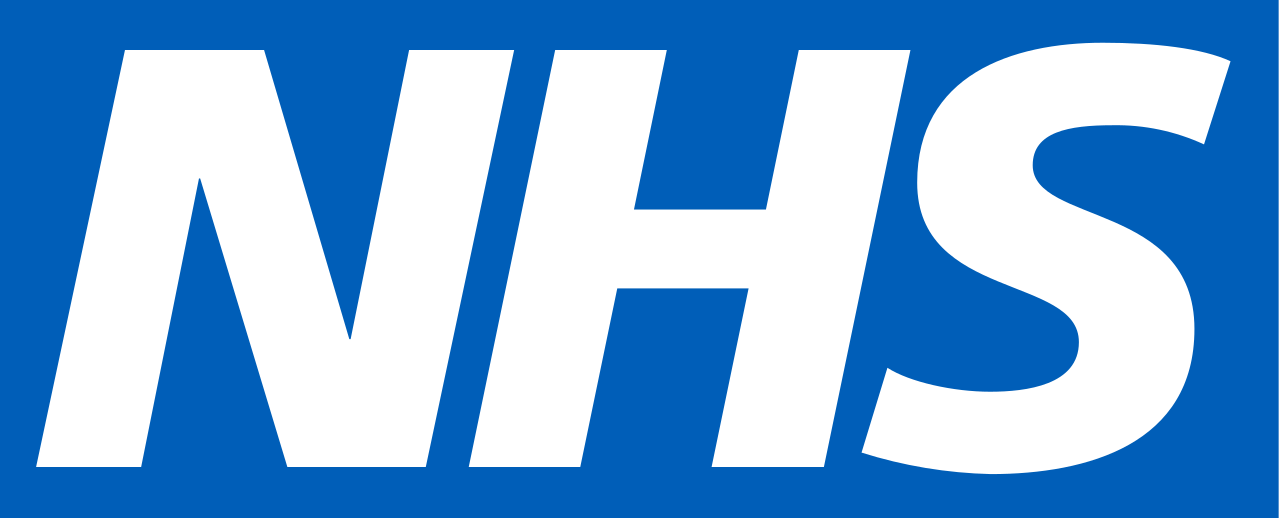The recovery from COVID-19 is different for everyone, as its symptoms can vary from person to person. For some people, post-viral recovery can take several months, whereas for others it can take up to a year or more. As you begin to recover, both physically and mentally, it is important to remember to keep a balance between resting, getting back to your normal routine, and having fun! Becoming stressed about the journey ahead can use up energy that you need to reserve to fully heal. Give yourself time and be kind to yourself, to ensure a full recovery.
- Post-Viral Fatigue
After fighting a viral infection like COVID-19, the body usually feels fatigued. In order to help recovery, it is very important to rest both the body and the mind. Setting up a simple daily routine will help create stability, as well as going to bed at a regular time. Keeping television, time on your phone and social media to a minimum, especially before bed, will help you to rest. Make sure you continue with healthy sleep habits, by trying to reduce caffeine and eating late at night. Eat a sensible and healthy diet, as well as drinking plenty of water to avoid the dehydration felt by having a temperature. We recommend at least eight glasses of water a day.

- Rest & Activity
When it comes to your recovery, it is important to set realistic goals, as well as goals that suit your lifestyle. If you set unachievable goals for yourself, you are more likely to be discouraged. COVID-19 affects people differently, so give yourself time to recover, and do not rush or push yourself to get back into a busy routine.
Try to choose activities that are a priority in order to preserve and maintain your energy and try to complete only a small number of them each day. For example, basic activities that you would normally carry out in your daily life, such as washing and dressing. Allow yourself to rest between activities, as well as spreading them out throughout the day, to pace yourself and maintain your energy levels.

- Energy & Fitness
It is important to continue to move around each day, even if this just slowly and gently, to ensure the rebuilding of your strength. Being physical will help your lungs to recover from COVID-19, as well as your muscles, which would have become weaker during the viral infection. This weakness can also contribute to the feeling of breathlessness, so it is important to carry out breathing techniques when exercising.
When running or walking, you should aim to stabilise your breathing pattern, inhaling and exhaling using both the nose and mouth. When stretching you need to aim for extra-long inhales and exhales to help improve your lung health.
But remember, both physical and cognitive activities use energy, so try to start small and build up your fitness and movement routine. Walking is the best form of exercise to begin with, before becoming more active. Gradual movement will also encourage circulation.

- Mental Health
‘Thinking’ activities can take up just as much energy as physical ones, during your time of recovery. So, it is important to maintain your mental wellness. Remember that returning to normal life also means having fun, doing things you enjoy and taking time to relax. Try low energy activities such as reading, taking a bath, or watching TV – taking time to rest in-between when needed. Breathing techniques and meditation can not only help to relief stress and anxiety, but can also support quality rest, which is important when recovering from COVID-19.

Limit stressful or strenuous activities such as checking and replying to emails or making decisions, and especially returning to work. Avoid returning to work too soon, as you need to be able to manage the fatigue that comes with post-viral, so either take the time off work (which maybe longer than anticipated) or talk to your manager or occupational health department about a phased return.
When on your recovery journey, it can help to have aims about what you would like to be able to do in the future. Set yourself small goals, beginning with a daily routine of simple, realistic tasks. A routine helps to stabilise your mind and your body and form a sense of normality.
If you have any further enquiries about recovering from COVID-19 or wish to improve your health in general, book a FREE 15-minute telephone consultation with us now!
Read our previous blog post to discover how you can keep fit and active during and post lockdown.
For further updates follow us on Instagram and Facebook: @cchlivehealth
Sign up for our newsletter here.
#covid19recoveryplan #recoveringfromcovid19 #roadtorecovery #covid19recoveryadvice #recoveryathome #covid19symptoms #coronavirussymptoms #covid19recoveryguidance #covid19recoveryguide #jacquelineharveyhealth #jacquelineharveywellness




























































































































 Care for Carers
Care for Carers